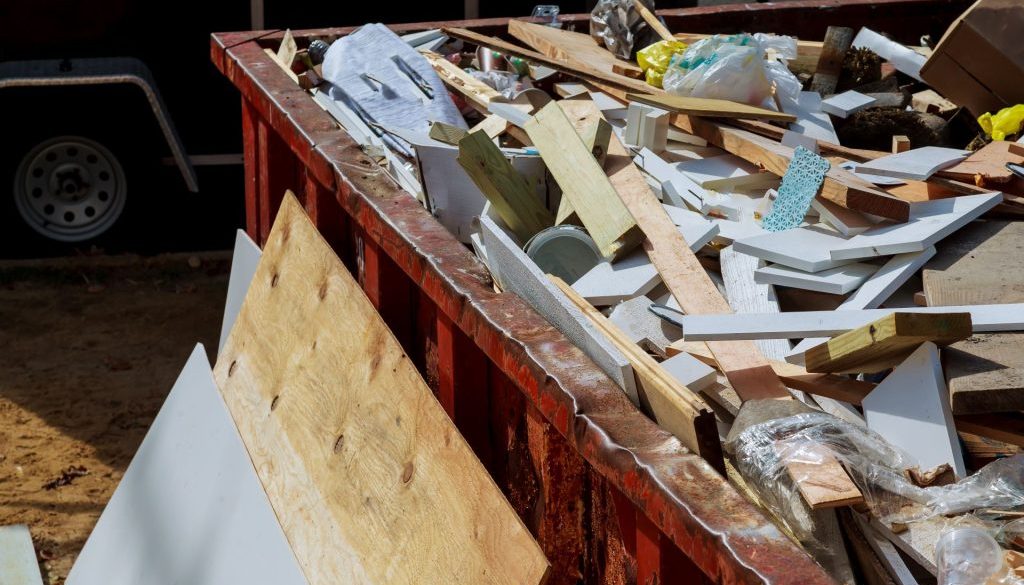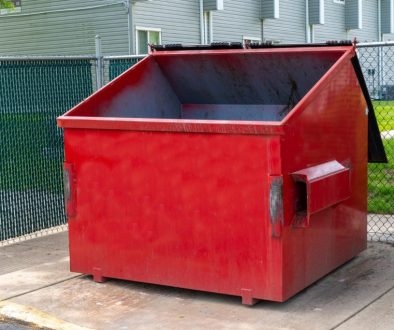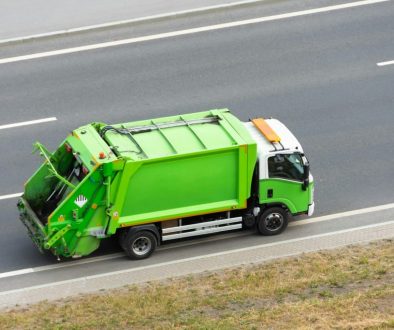Managing construction rubbish can be a daunting task, but recycling it properly can make a significant difference. By using skips effectively, we can transform a messy construction site into a more organised and environmentally friendly workspace. Recycling construction rubbish not only conserves resources but also helps in reducing the amount of waste ending up in landfills.
Skips are an essential tool for recycling on construction sites. They provide a central location for collecting and segregating different types of waste materials. With proper planning and the right strategies, we can maximise the use of skips to ensure that as much material as possible is recycled. From metals and concrete to wood and plastics, nearly all construction waste can find a second life through recycling.
Understanding how to manage construction rubbish is crucial for maintaining a sustainable work environment. By focusing on effective waste segregation and the advantages of recycling, we not only contribute to environmental conservation but also benefit from potential cost savings and compliance with regulations. Let’s explore the top ways to recycle construction rubbish using skips and make a positive impact on our projects and the planet.
Understanding the Types of Construction Rubbish You Can Recycle
Recycling construction rubbish is a crucial aspect of sustainable waste management. Knowing which materials can be recycled helps us effectively use skips and reduce landfill waste. Common recyclable construction materials include concrete, wood, metal, and bricks. Concrete and bricks can be crushed and reused for new construction projects. Wood can be repurposed or turned into mulch and compost. Metals, such as steel and aluminium, are valuable materials that can be melted down and reused in various industries.
Aside from these primary materials, we can also recycle plastic and glass found on construction sites. Plastic piping and packaging can be processed and used to make new products. Glass can be crushed and melted for use in new glass items or even as an aggregate substitute in concrete. Understanding these categories helps us sort and recycle effectively, ensuring that fewer materials end up as waste and more are given a new life.
Effective Strategies for On-Site Waste Segregation
Proper on-site waste segregation is crucial for efficient recycling. By separating different types of rubbish at the source, we can ensure that recyclable materials are not contaminated and remain suitable for processing. One effective strategy is to set up clearly labelled skips or containers for different types of waste. Marking each skip for materials like wood, metal, concrete, and general waste helps workers quickly identify where to dispose of items.
Training workers on the importance of segregation and how to properly sort waste is another vital step. Regular reminders and visual aids, such as posters or signs, can make a big difference in maintaining good segregation practices. Additionally, conducting regular site audits to check for adherence to waste segregation guidelines can help identify areas for improvement and ensure ongoing compliance. By adopting these strategies, we can enhance recycling efforts and contribute to a cleaner, more sustainable job site.
How to Maximise Skip Use for Recycling
Maximising skip use is key to effective recycling on construction sites. First, we need to ensure that skips are appropriately sized for the amount of rubbish generated. Overloading skips can lead to safety hazards and inefficient sorting. Therefore, choosing the right size helps maintain an organised site and makes recycling easier. We also recommend using multiple skips for different types of recyclable materials. This way, workers can sort as they dispose, keeping recyclable items contamination-free.
Organisation within the skip can also make a big difference. By stacking materials neatly and breaking down large items, we can make the most of the available space. This not only reduces the number of skips required but also facilitates easier collection and transportation to recycling facilities. Regularly scheduled collections help prevent overflow and ensure that recyclables are processed promptly, maintaining the efficiency of the recycling process.
The Environmental Benefits of Recycling Construction Rubbish
Recycling construction rubbish has significant environmental benefits. First, it helps reduce the amount of waste sent to landfills. Landfills take up valuable space and can cause pollution if not managed properly. By recycling materials like concrete, wood, and metal, we conserve landfill space and reduce the environmental footprint of construction activities. Recycling also conserves natural resources by reusing existing materials instead of extracting new raw materials. This helps preserve natural habitats and reduces the environmental impact of mining and deforestation.
Moreover, recycling saves energy. Producing new materials from recycled ones generally requires less energy compared to manufacturing from raw resources. This reduction in energy consumption leads to lower greenhouse gas emissions, contributing to the fight against climate change. In addition, recycling can promote a circular economy, where materials are continuously reused and repurposed, leading to more sustainable construction practices. These benefits demonstrate the importance of integrating recycling into construction waste management.
Conclusion
Incorporating skips into construction waste management is an effective way to handle and recycle rubbish efficiently. By understanding the types of recyclable materials and implementing proper on-site segregation strategies, we can enhance our recycling efforts significantly. Maximising skip use through proper organisation and size selection further supports this goal, ensuring that materials are ready for recycling. The environmental benefits of recycling construction rubbish are profound, from reducing landfill waste and conserving natural resources to saving energy and combating climate change.
At Enviro Skip Hire, we are committed to providing practical solutions for waste management that promote sustainability. By choosing our services, you can ensure that your construction projects are not only efficient but environmentally responsible. For more information on how we can help you with your waste management needs, visit Enviro Skip Hire today. Let’s work together to build a cleaner, greener future.




